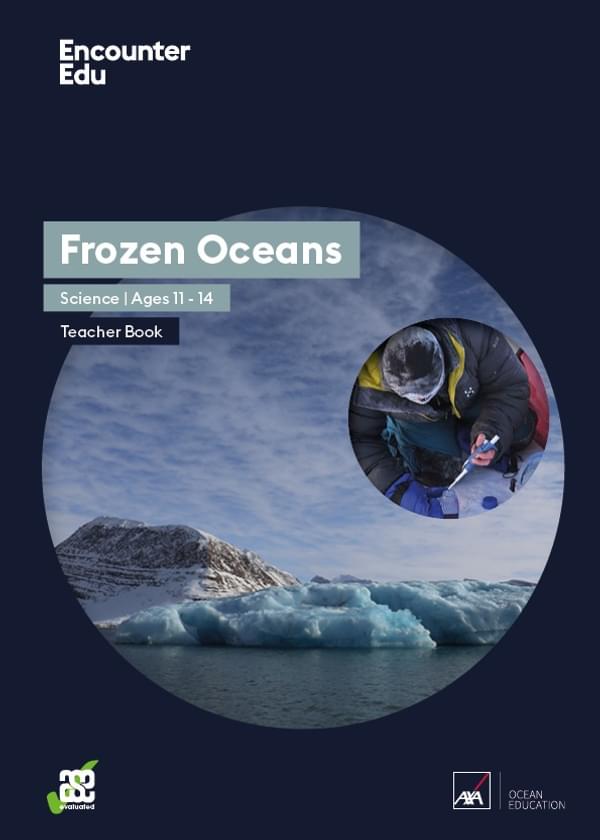View all activities
Sea level rise investigation
A common misconception is that melting sea ice in the Arctic will cause sea levels to rise. This demonstration shows how the melting of different types of ice in the Arctic and Antarctic will affect sea level rise in different ways.
Ages 10+
10 minutes
(2 hours waiting time)
Part of:
AXA Ocean EducationThis activity will show you how the melting of different types of ice impacts sea level rise.
Activity steps
- Place the two cans of food in the clear containers (ideally the height of the containers should be higher than the cans).
- Into one container put a mixture of ice and water, until it comes up to about 1cm below the top of the can. This is the Arctic Ocean model. The ice in the water represents the sea ice.
- In the other container pour water (again until it comes up to about 1cm below the top of the can). Then place the same amount of ice used or the Arctic on top of the can. This is the Greenland or Antarctica model, where there is an ice sheet on top of the land.
- Label each container and mark a line at the water level. What will happen to the water (sea) level as the ice melts?
- Leave the cans for a time (up to 2 hours). The melt rate will of course vary with the warmth of the room and the amount of ice used.
- Mark the level of the water after all the ice has melted. What difference can you see between the two containers?
Reflection
- How could this affect people living in the UK or the USA and around the world?
- How do you think governments in these countries should act if they know this information?
- How might you change your behaviour because of what you have learnt?
Further ideas
Teach a whole lesson about the changing Arctic from the Frozen Oceans unit for 7 to 11 year-olds: How is the Arctic changing?
Safety guidance
- Participants should work in the centre of the table.
- Carry containers with two hands, carefully observing the surroundings.
Brought to you by

